Interculturalism is a buzzword in the world of education. We constantly hear this word, but it is hard to introduce intercultural activities in our classrooms that are not clichés, especially for young learners. This post will discuss raising interculturalism by connecting children from all over the globe through free online English lessons.
In 2020 one of our colleagues, Milica Vukadin decided that enough is enough, and she wanted to open up her classroom to the children who cannot afford to learn English due to the pandemic. Before that, she was selected on a big platform among 5000 English teachers to teach free public English lessons for children. In those sessions, she had over 60 children from various countries. But, unfortunately, the sessions were webinar-based, meaning that the children could not speak. After that, she decided to develop a project where the children could talk more and continue on her website, elloquent.org. Now, let’s see what Milica has to say about her workshops.
Why are they called workshops and not lessons?
Why do I want to promote the sessions as free English workshops for children, not lessons? The idea of calling them workshops started because I focus on student-centered learning. I let the children inform my instruction, including these workshops. The children collaborate and lead the communication, so I am not teaching – I act as a moderator.
What are the level, age, and the number of students?
These workshops are for children aged 4 to 12. The parents are encouraged not to enroll their children in the workshops if they are older or younger than the given age limit. Non-native children who do not fit the age group will not benefit from the workshops. Every workshop has its specific age group. The number of students who can attend the live workshop is 20.
How long are the workshops, and what activities do you usually do?
The workshops are 30 minutes long, and they are very dynamic so that younger learners do not lose focus. I use interactive digital materials, separate children into rooms, discuss, solve riddles, puzzles, describe, listen, have role plays, investigate, design, and much more!
Motivating the students with an attendance diploma
At the end of every workshop, all the children get a diploma for attending the session. The diplomas are blank, and the child or the parent can enter the name into the gap. I share the diplomas because they praise students for being active and attending a workshop, and I want to motivate them to keep learning and come back next month.
Do students need to install an app to join?
The students do not need to install any apps because the live workshops happen right in the browser. Since these English workshop-based lessons are free, I wanted to make it as easy as possible for the children to join. The parent will share their email to receive the joining link. The workshops happen on my website, and I want them to be accessible even for parents who are not good with technology because they only need to click on the link and join. They only need to type a nickname or a name for the child. That’s all!
How do you focus on interculturalism in the workshops?
Interculturalism is a natural aspect of the workshops. I had students from Mongolia, Romania, Greece, Macedonia, Nigeria, United States, Serbia, Ukraine, Indonesia, Japan, Bulgaria, and many more countries. By having children from different cultures in the workshops, I can authentically include interculturalism. The children can speak, share, and discuss the same concepts from different perspectives. For example, the children observed Halloween and investigated to find similar holidays happening in their own countries. We did a similar activity for Christmas as well. The children explored the different varieties of Christmas because most countries do have Christmas, but they celebrate it differently. It is astonishing to see how children get together to collaborate and cross-analyze the cultural differences together.
We also often have topics related to the environment and environmental protection, and we can observe the issues on the local, regional, and global levels. When we discuss environmental problems, we have perspectives and different observations from various countries. For example, in one workshop, we started by discussing the water pollution in the River Nile in Egypt. Then we connected it to the Danube pollution because the rivers have some similarities between them. In the end, we concluded that all of the waste gets into the sea or the ocean. This activity is another example of using inquiry-based learning and interculturalism as tools for promoting critical thinking.
How can teachers plan out similar workshops?
To start an inquiry-based learning English workshop, you do not have to have a lot of content knowledge related to history, geography, biology, or any specific area in general; you need to be very flexible in terms of the instruction. That means that you can set the topics, but if the children take the conversation in another direction, you have to follow their pace. Start by brainstorming workshop topics for different age groups.
The methods and the activities I use also vary, depending on the age of the students. I love TPR, storytelling, science experiments, debates, escape rooms, arts and crafts, and so on!
Finally, if you want the workshops to be free, you should label them as free online English lessons for children because the workshop concept can sometimes be unclear to parents. Even I struggle explaining it sometimes.
Here are some easy steps you can follow even if you haven’t done inquiry before:
- Start from the country your children are from, and brainstorm a topic. This way, you will make the workshop relatable to them, and they will participate more easily. For example, children from Bulgaria and Mongolia don’t have any real connection to polar bears, so if you want to introduce climate issues and loss of biodiversity, those examples would be utterly irrelevant to them. So instead, it would be best if you focused on local issues.
- Make a list of questions you might use, and be ready to skip many of them if they don’t end up being relevant in the actual workshop.
- Make a list of activities you might use, focusing on scaffolding and language skills (speaking, reading, listening, writing), not language systems (grammar, lexis, etc.).
- Decide which digital tools you want the children to use while exploring.
- Lead them to conclusions with your question until they pose a question they cannot answer without exploring online.
- Have them form a hypothesis and then write a proper question to extract information from the search results.
- After that, the children should come back, present, compare and contrast their findings, and possibly discuss some solutions depending on their level.
Of course, it all depends on the level of the children and their engagement in the session. In my workshops, they are always so active, and I’ve never had a silent workshop.
Is this project still active?
The workshop project is still active, and it will be active as long as my online school exists. I am also looking to register my website as a non-profit, and I have established connections with children from India and Nigeria. They will have a specific program that is not public. That program is specially designed for them and separate from the workshops everyone can attend.
About Milica
Milica Vukadin (Alice) is an English teacher with a Bachelor’s and a Master’s degree in Early Childhood Education, with an additional minor in English teaching methodology for young learners. She is also a young but published academic researcher and material designer.
She is passionate about using storytelling, drama, and music in her language workshops. Her other passions include interculturalism and environmental education. She writes for her teacher blog, aliceinmethodologyland.com, and does the free workshops at elloquent.org.
Are you a member of ELTA Serbia? Do you have some examples of good practices to share?
Starting from this month, we will publish examples of good practice and feature projects of our members’ teachers, so if you are interested, send us a message via the contact page or on our social media. You can also comment below this article. We would love to hear your opinion on the free online English lessons for children Milica organized!

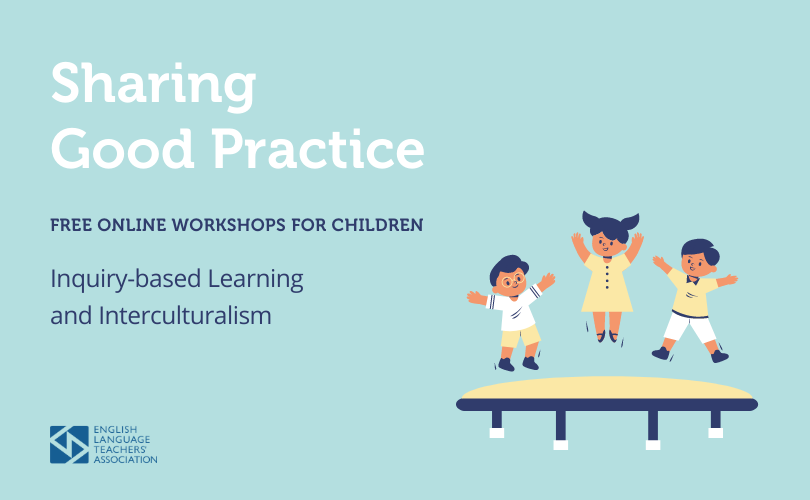
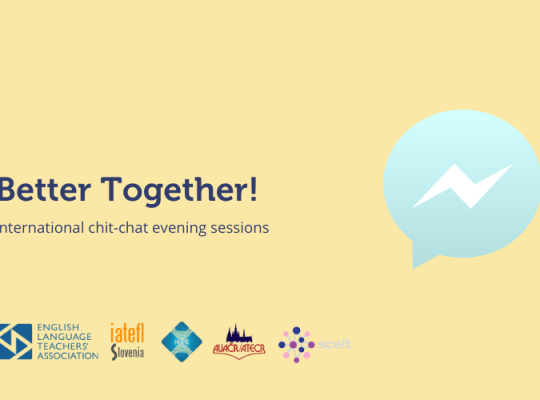
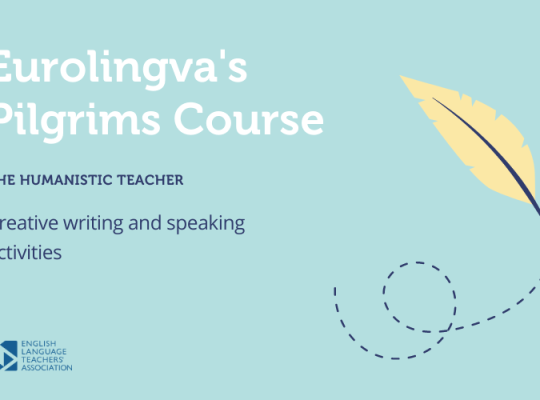
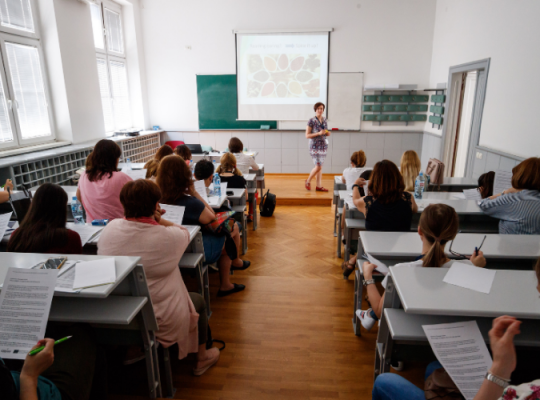
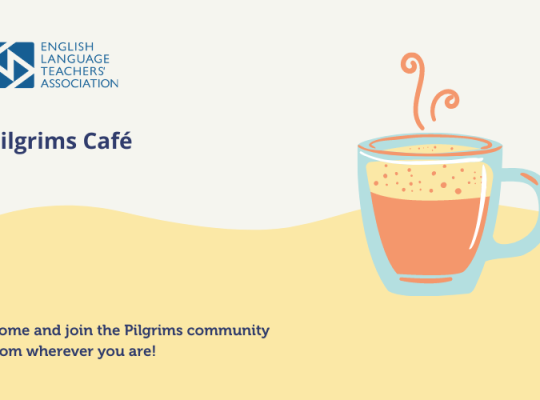
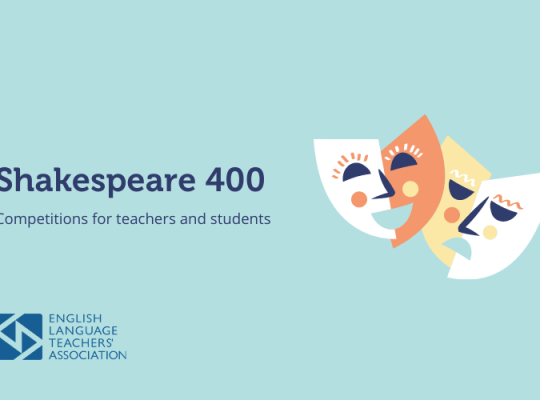
[…] (This article was originally published on elta.org.rs) […]